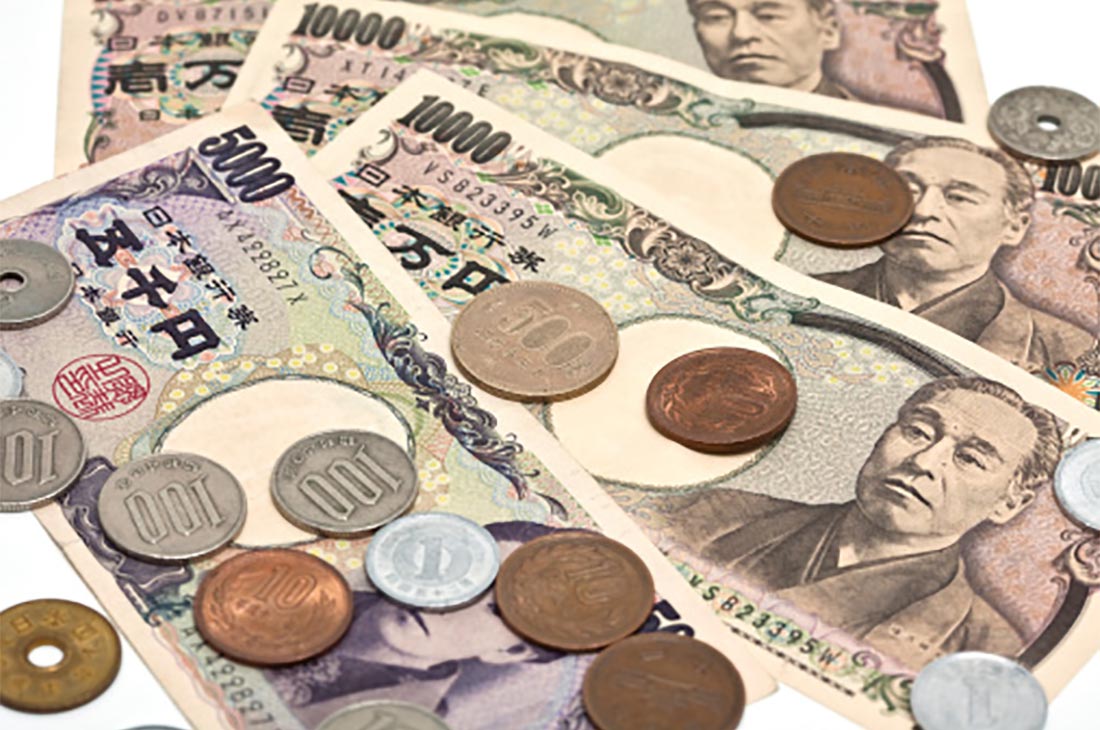In a recent video by Brent Johnson titled: "Market Volatility Unshackled," at about the 28-and-a-half minute mark Johnson gives what I consider a very good explanation of the currency situation unfolding in Japan. While not saying what is happening in Japan is the reason American markets fell last week it plays into the big picture. Still, Japan must deal with the fallout from the BOJs recent rate hike. Johnson also makes it clear things do not go in a straight line and nothing is guaranteed.
Japan's economy is currently plagued by several problems. These have to be hammering its banks. Not only does Japan have a huge national debt, and a shrinking population, but over the years the country's trade surplus has fallen. As of now, its auto industry is out of step with the EV craze being fostered upon people by governments across the world. Also, its ties with China have had a negative impact on its economy.
This is a matter that has not garnered enough attention, China's economic problems are likely spilling over and directly impacting Japan. Over the years China and Japan became major trading partners. Japanese
direct investments in China surged as Japanese technology played a
critical role in the development and competitiveness of China’s global
supply chains.

In the early morning of Aug 5, pure panic buying of the yen continued. This is in conjunction with the collapse of the Japanese stock market. The yen's "relative strength index" also known as the RSI is around 87. When the buying ends, while there is no guarantee, as noted above, the currency has little reason to stay elevated.
ReplyDeleteAs of around 9;00 AM, the RSI for the USDJPY has moved RSI to its most oversold level since 1995. US markets are being hammered but not nearly as bad as those in Japan where the Nikkei 225 index just recorded its worst-ever daily sell-off dropping 4,451.28 points ( Nikkei down 12.4% to 31,458.42 )
ReplyDeleteThe time shown on these comments is off by around 3 hours, this is being posted at 9:08 AM
ReplyDelete